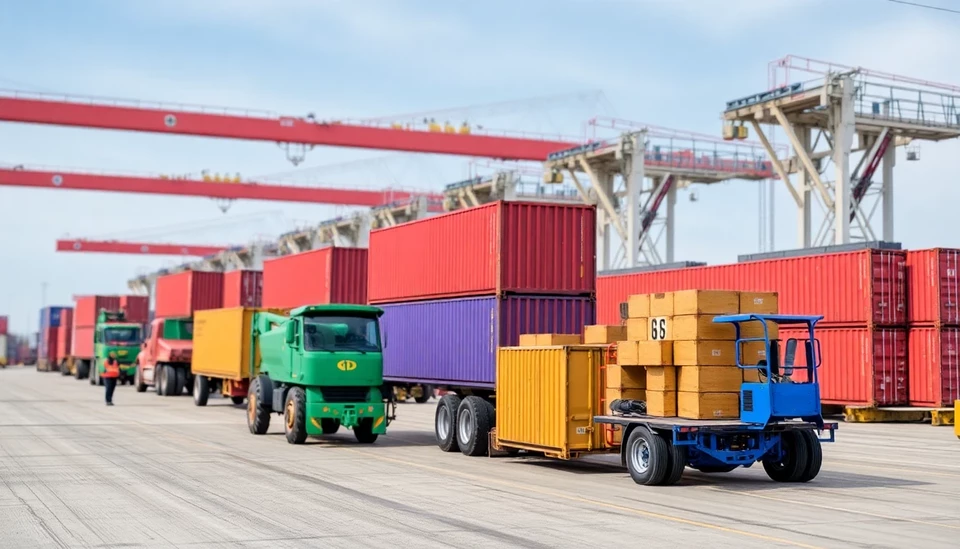
In a recent development, Balyasny Asset Management's CEO, Dmitry Bessent, has asserted that “everything is on the negotiating table” in the ongoing discussions surrounding tariffs. This significant statement comes amidst rising tensions in trade relations, particularly between the United States and China. As tariffs have become a focal point of international trade discussions, Bessent's remarks highlight a more comprehensive and potentially flexible approach to resolving these trade disputes.
In various interviews, Bessent emphasized the importance of constructive dialogue and negotiation between nations involved in imposing tariffs. He believes that in order to achieve a balanced outcome, all alternatives must be considered. This echoes broader sentiments within the business community, where leaders are increasingly advocating for solutions that prioritize diplomacy over confrontation.
Historically, tariffs have been a controversial method used by governments to protect domestic industries and balance trade deficits. However, the impact of these tariffs can often lead to increased prices for consumers and strained relations between trading partners. Bessent's perspective suggests a shift towards recognizing the complexities of these relationships and the need for a more nuanced discussion on trade policies.
The timing of these remarks is particularly pivotal, as both the White House and industry representatives grapple with how best to approach China's long-standing trade practices. Issues such as intellectual property theft, forced technology transfers, and state subsidies have raised serious concerns, not only for the U.S. administration but for global trade partners as well. Bessent’s view calls for a reassessment of current strategies and openness to negotiating terms that could lead to a more beneficial arrangement for all parties involved.
Furthermore, Bessent addressed the financial markets' reaction to such negotiations, indicating that any progress could lead to stabilization and renewed confidence among investors. As the markets respond to potential changes in tariffs, Bessent's insights offer a glimpse into how key financial players are monitoring developments and adapting their strategies accordingly.
In conclusion, Bessent's assertion that “everything is on the negotiating table” captures the urgency and complexity of current tariff negotiations. With ongoing discussions between major economies, the outcome of these trade talks remains crucial, not just for immediate economic implications but for long-term international relations. Stakeholders from various sectors will be watching closely as negotiations progress in the coming weeks.
#Tariffs #TradeNegotiations #DmitryBessent #InternationalTrade #Economy #FinancialMarkets #BalyasnyAssetManagement
Author: Laura Mitchell




